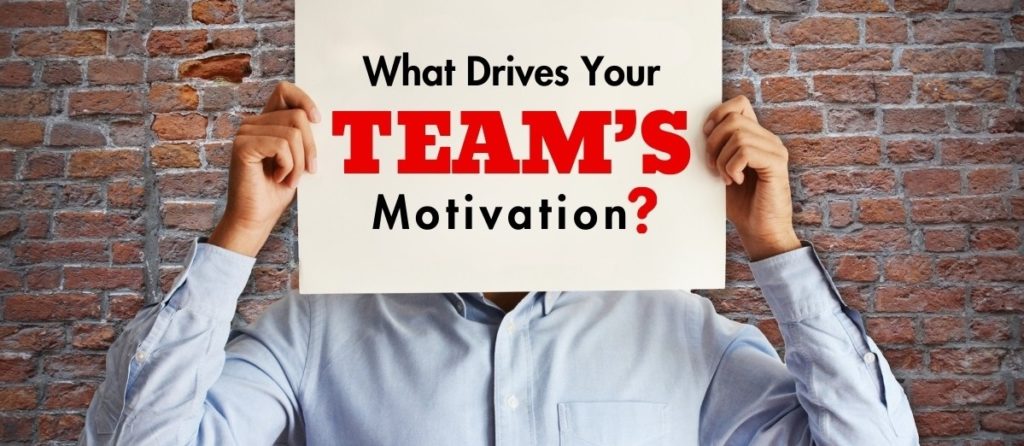In the dynamic realm of team management, the art of motivation is paramount. Effective incentives serve as powerful catalysts for driving performance, boosting morale, and fostering a culture of excellence within an organization.
- Understanding the Power of Incentives
Incentives are rewards or benefits offered to employees in exchange for achieving specific goals or targets. They serve as tangible expressions of appreciation and recognition, motivating individuals to perform at their best and surpass expectations. By aligning incentives with organizational objectives, leaders can steer their teams toward success while nurturing a sense of purpose and fulfillment among employees.
- Tailoring Incentives to Employee Preferences
The key to crafting effective incentives lies in understanding the unique preferences and motivations of your team members. What one individual find rewarding may differ from another.
Conducting surveys or one-on-one discussions can provide valuable insights into the types of incentives that resonate most with your team. Whether it’s monetary bonuses, extra vacation days, professional development opportunities, or personalized rewards, offering a range of incentives ensures inclusivity and relevance.
- Linking Incentives to Performance Metrics
To maximize the impact of incentives, they should be tied directly to measurable performance metrics. Clearly defined goals and objectives provide a framework for assessing employee progress and determining eligibility for rewards.
Whether it’s meeting sales targets, achieving project milestones, or demonstrating exceptional teamwork, employees should know exactly what is expected of them to earn incentives. This clarity promotes transparency and fairness while maintaining a results-driven culture.
- Celebrating Milestones and Achievements
In addition to performance-based incentives, recognizing and celebrating milestones and achievements can be highly motivating for employees. Whether a team reaches a significant milestone, an individual exceeds expectations, or a department accomplishes a challenging goal, acknowledging these accomplishments fosters a sense of pride and camaraderie. Public recognition, personalized thank-you notes, or team celebrations can all serve as meaningful gestures of appreciation.
- Encouraging Peer-to-Peer Recognition
While formal incentives are valuable, peer-to-peer recognition can be equally impactful in motivating employees. Encouraging team members to acknowledge and appreciate each other’s contributions creates a culture of support and collaboration.
Whether through a designated recognition platform, team meetings, or informal shout-outs, acknowledging the efforts of colleagues reinforces positive behavior and strengthens interpersonal relationships.
- Continuously Evolving Incentive Programs
Incentive programs should not remain static but rather evolve in response to changing organizational dynamics and employee feedback. Regularly solicit input from team members to identify areas for improvement and innovation in incentive offerings. Flexibility and adaptability are key to ensuring that incentives remain relevant, engaging, and effective in driving motivation and performance over time.
Conclusion
Crafting effective incentives for employees is a strategic endeavor that requires thoughtful planning, customization, and alignment with organizational goals. Incentives are not merely rewards; they are powerful tools for inspiring greatness and fostering a culture of excellence within teams and organizations alike.










